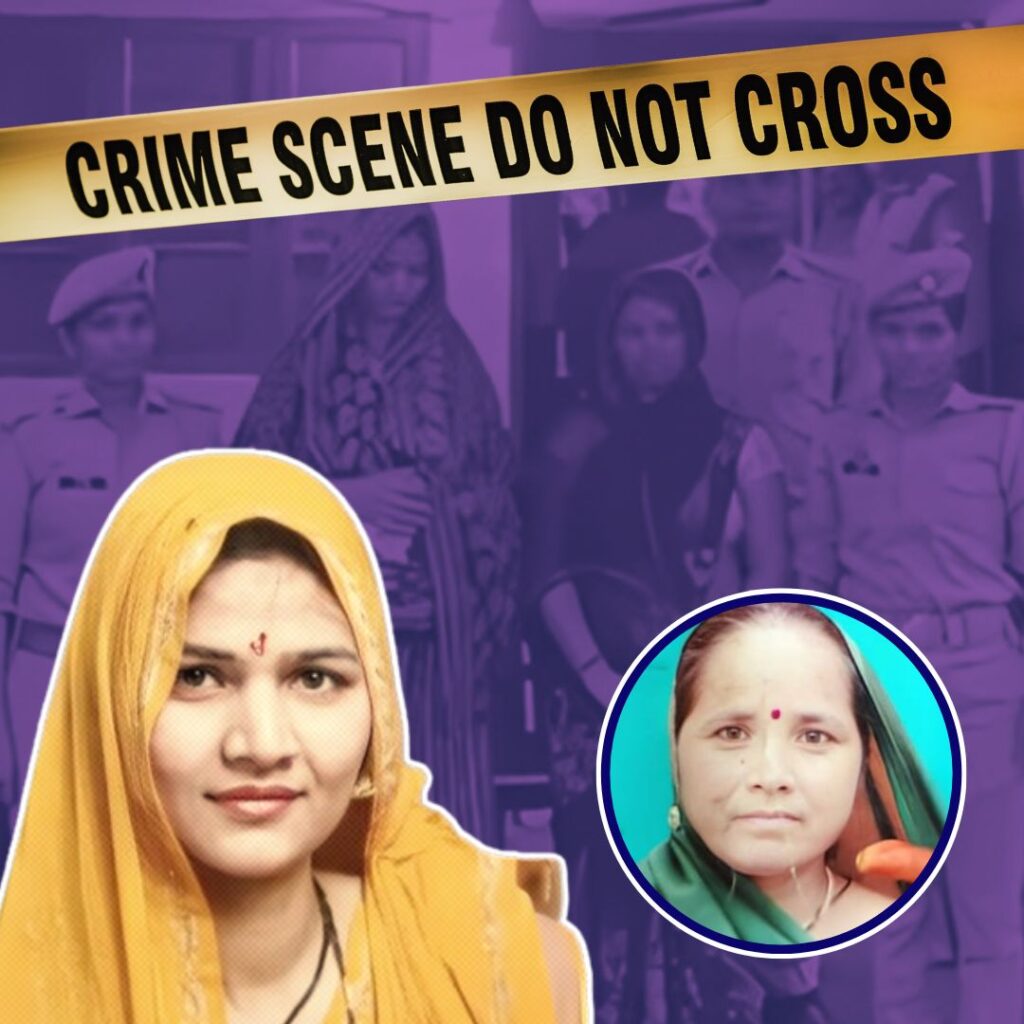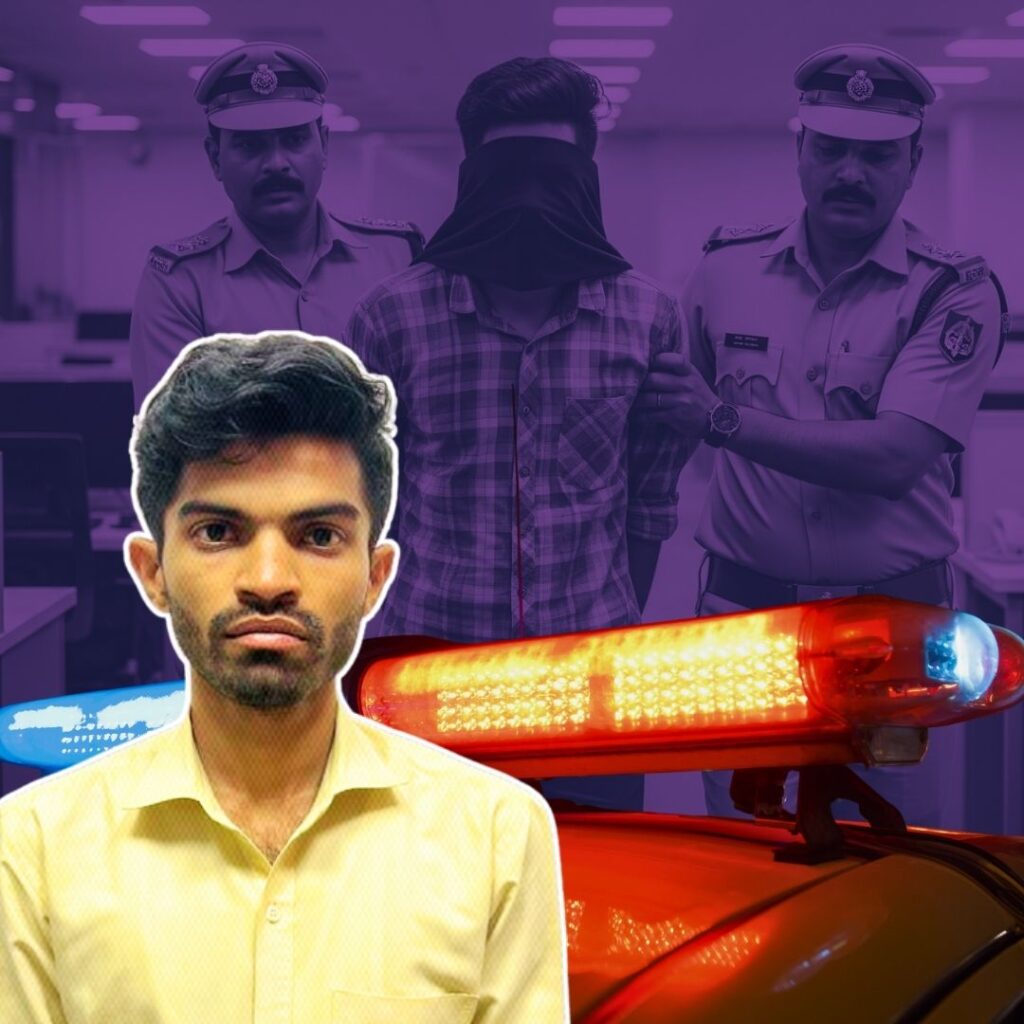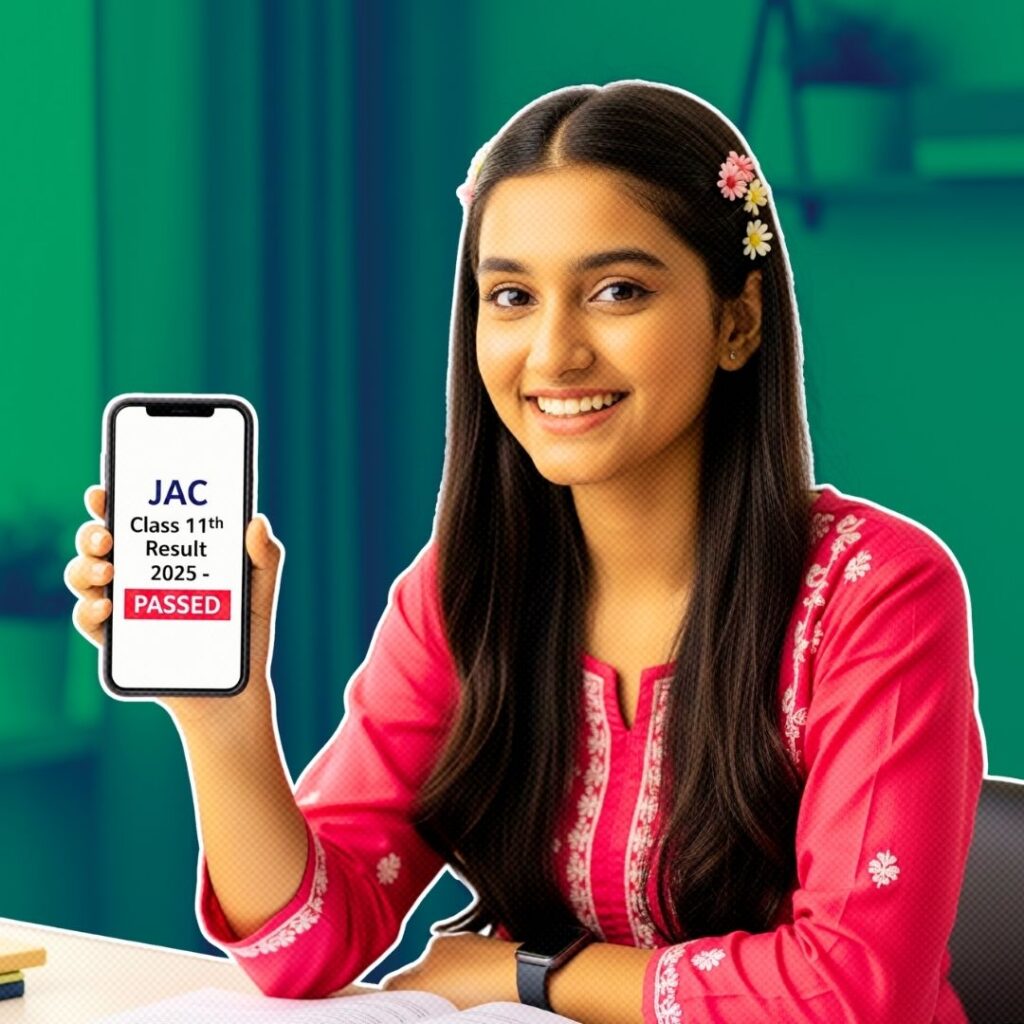August 10th, 2017 / 12:54 PM
Courtesy:The Indian Express| Image Credit:Asia Law Report,The Quint
The Supreme Court on Thursday, August 10, said that forced marital intercourse and sexual acts are not rape, hence, cannot be considered as a criminal act.
The issue whether to include forced sex in marriage as rape has been extensively debated. Section 375 of the Indian Penal Code (IPC), which defines rape, has in it an exception clause which says“sexual intercourse by a man with his own wife, the wife not being under fifteen years of age, is not rape.”
“Parliament has extensively debated the issue of marital rape and considered that it was not an offence of rape. Therefore, it cannot be considered as a criminal offence,”a bench of justices M B Lokur and Deepak Gupta said, reportedThe Indian Express.
The apex court, however, sought to know as to whether the Parliament debated the aspect of protecting married girls between the age of 15-18 years from forced sexual acts by their husbands. It also questioned whether the court could intervene to protect the rights of such married girls who may be sexually exploited by their spouses.The SC said that marriage of a girl below the age of 15 years, is illegal.
The bench was hearing a plea questioning the constitutionality of a provision permitting a man to have a physical relationship with his wife even if she is aged between 15 and 18.
The court observed thatif a man has physical intercourse or engages in sexual acts with a girl under 15 years of age, it is termed as rape, with or without consent.
However,if she is below 18 years of age but more than 15 and married, then no offence of rape is made out.
“There are cases when college-going teens, below 18 years of age, engage in sexual activities consensually and get booked under the law. Who is going to suffer? The boy is not at fault. The punishment of seven years is too harsh,”the bench observed. It said, similarly, problem arises when a girl, under 18 years of age, elopes and engages in consensual sexual activity, the male gets booked for rape.
Advocate Gaurav Agarwal appearing for NGO Independent Thought said that distinction made in between 18 and 15 is illegal and unconstitutional.“Parliament cannot impinge upon Article 21 by allowing the girl to marry under 18 years of age and allowing her to get pregnant or have intercourse. The Parliament should have considered various reports of the United Nations,”he said, reported The Indian Express.
He continued that a girl in the age group of 15-18 is not that physically developed and she is not capable of taking an informed decision or consent.
Advocate Binu Tamta appearing for Centre said that keeping the social and economic conditions of the country in mind, the Parliament has kept the age of 15 as the threshold.“It has been considered pragmatically and every aspect was considered by the Parliament,”she said, adding that the decision was taken keeping in mind that child marriage is prevalent in some societies.
The Supreme court had in 2015 made the National Commission for Women (NCW) party – the apex national level organisation in the country with the mandate to protecting and promoting interests of women – to explain how the offence of rape in the Indian Penal Code (IPC) afforded an exception to a man to have physical relationship with his minor wife and still not qualify it as crime.
NCW in its petition sought direction to declare the exception of marriage in rape in Section 375 of the IPC as“violative of Articles 14, 15 and 21 of the Constitution to the extent that it permits intrusive sexual intercourse with a girl child aged between 15 and 18 years, only on the ground that she has been married.”
The NGO had also referred to the provisions of the Protection of Children from Sexual Offences Act (POCSO), 2012, and said these provisions were contrary to the IPC provision. POSCO recognises sexual intercourse with a girl below the age of 18 years a crime even if she is married.
After the gang rape of Jyoti Singh in 2012, the Justice J S Verma Committee had backed the long standing demand of women’s activists that marital rape should be considered as a criminal offence.“The law ought to specify that marital or other relationship between the perpetrator or victim is not a valid defence against the crimes of rape or sexual violation,”the committee said in its report.
The Supreme court was in support of criminalising marital rape. However, it does not have the power to do the same.
The power to make and amend laws lies with the Parliament – the legislature and the power to interpret and enact those laws lies with the Supreme court (the judiciary).
The Supreme court consistently frames guidelines when there is a void in the Parliamentary legislation on various issues. However, it can only recommend, not make laws.
The Logical Indiancommunity is perturbed with the Parliament’s inability to recognise marital rape as a crime in the Indian Penal Code. In 2015, a woman moved the apex court on the plea that she was raped and assaulted by her husband. She was also hospitalised due to her injuries, however, her husband was never prosecuted and the case was dismissed because our law does not consider rape by a spouse a penal offence. It is a distressing reality that an abuse faced by women across the nation is not recognised by the Indian law. The Parliament needs to amend Section 375 of the IPC for the protection of its citizens and the amendment should be made at the earliest.
Contributors
Written by :
Edited by :











